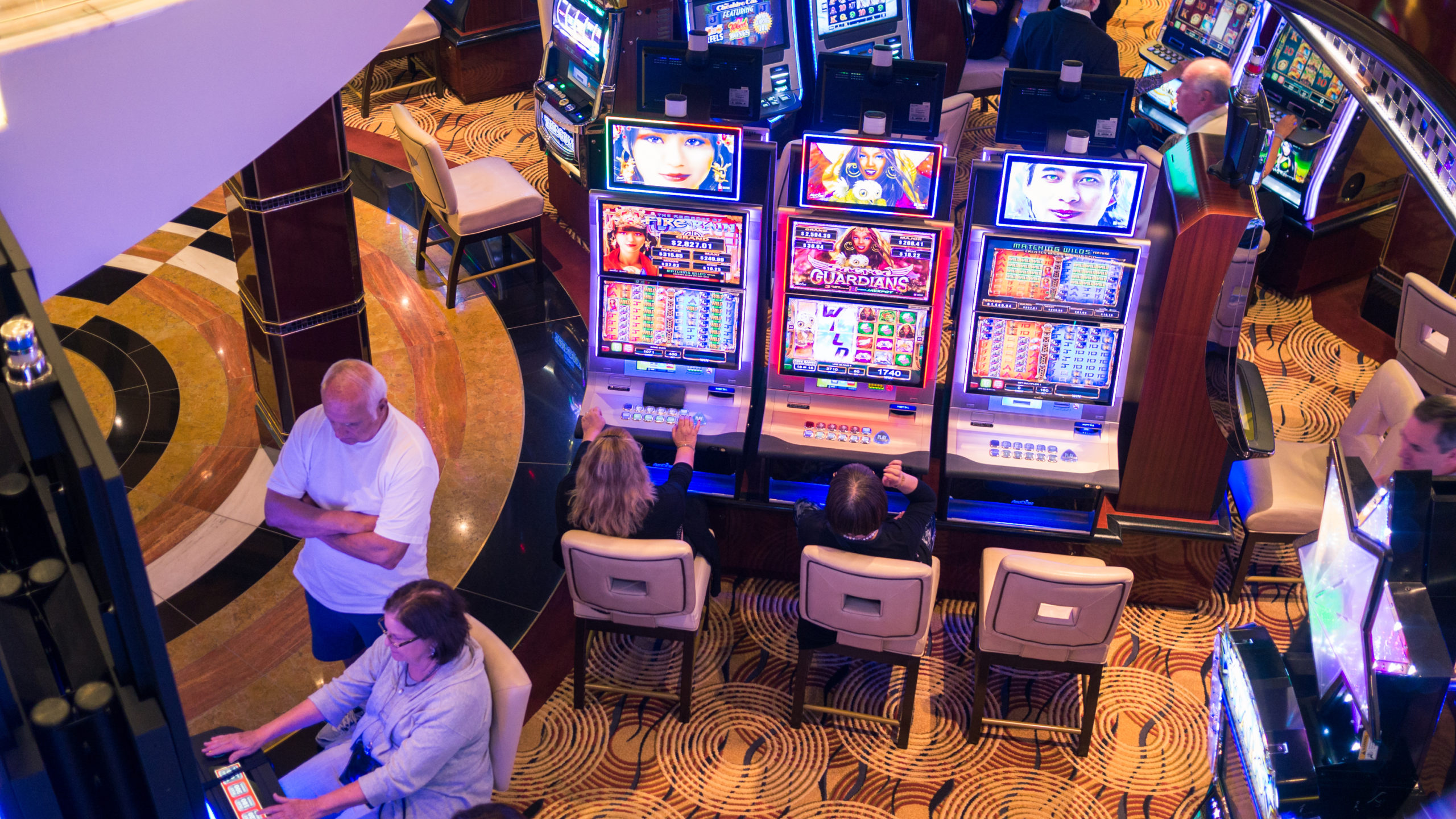
Casino experiences have long captured the fascination of individuals around the world, becoming an integral part of both leisure and culture. From the glimmering lights of Nevada to the captivating experience of online gaming, these experiences evoke enthusiasm, risk, and sometimes even a sense of remembrance. They are not just simply hobbies; they have woven themselves into the texture of human experience, influencing various aspects from cinema and music to style and literature.
The charm of casino games goes beyond the betting aspect, tapping into broader themes of fortune, risk, and psychology. As players gather around a poker table or rotate the roulette, they engage in an age-old ritual that connects with our collective desire for excitement and instability. This obsession has led to the growth of numerous references in films, tracks, and video games, showcasing how intensely entrenched these games are in pop culture. Whether it is the high-stakes tension of a traditional robbery film or the vibrant nightlife portrayed in recordings, casino games have carved out a substantial place that reflects our bond with risk and reward.
Cultural Importance of Gambling Games
Gambling games have played a crucial role in social contexts throughout the ages. Originating from ancient civilizations, games of chance were often linked to ceremonies or gatherings. BJ8885.com For example, early iterations of gambling can be traced back to historic China and the Roman Empire, where die games and betting on results were popular pastimes. These activities not only served as leisure but also as means of connecting people, facilitating connections among people within societies.
As cultures evolved, so did the sophistication and organization of gambling games. The creation of formal casinos in the 17th century, particularly in Italy, marked a significant shift in how games were viewed and organized. With designated spaces for gambling, the casino became a community center where patrons from different backgrounds gathered. This change contributed to the legitimization of the industry, transforming it from a mere pastime into an established industry that shaped economy and policy.
The impact of casino activities on popular culture cannot be understated. As they were brought into the limelight in literature and film, games such as poker and 21 became icons of chance, luck, and tactics. Iconic figures and stories have emerged around these activities, illustrating societal views towards luck, prosperity, and immorality. This interest with casino activities has infiltrated various forms of entertainment, solidifying their place in the public imagination and linking them to wider cultural stories throughout history.
Depiction of Casino Games in Entertainment
Casino activities have long been a popular subject in different types of entertainment, reflecting both the thrill and complexities of the world of gambling. Films such as Ocean’s 11 and Casino Royal portray characters who navigate dangerous scenarios, showcasing not only the attractiveness of the gambling environment but also the tactics and decisions that come with playing popular games like Texas Hold’em and blackjack. These films often dramatize the exhilaration of winning and the potential consequences of losing, encapsulating the risks involved in gambling.
Television shows have also explored the world of gambling activities, often integrating them into the plot as a context for character arcs and tension. Shows like Vegas depict the stories of casino workers and customers, highlighting the vibrant, often chaotic energy of the gaming floor. Docuseries featuring high-stakes betting contests further emphasize the fascination of casino games, drawing viewers into the excitement and tactics involved in each game. Through these portrayals, media not only engages but also stimulates conversations about luck, skill, and the essence of randomness.
Digital games have increasingly included casino games into their structure, allowing players to simulate the feeling of betting without financial exposure. Titles within the realm of digital gaming often include virtual slots, poker, and other popular casino games, creating an interactive experience that mirrors real-life gameplay. These virtual portrayals make gambling activities accessible to a global audience, appealing to both risk-takers and those who enjoy the thrill of simulation. As a consequence, the representation of casino games in entertainment continues to shape societal views and cultural significance, highlighting their function in entertainment and social context.
Effect of Gambling Activities on Communities
Casino games have a meaningful impact on communities, influencing multiple facets of culture and social behavior. They often serve as a venue for community engagement, where people come together to experience a shared experience. Game nights with friends or visits to casinos become social activities that build connections and create shared moments. This collective aspect enhances the entertainment value of casino games, making them a popular choice for celebrations and recreational pursuits.
Moreover, gambling activities have been portrayed in countless movies, TV series, and literature, shaping perceptions and attitudes towards gaming and betting. Icons like James Bond playing baccarat or the high-stakes poker scenes in films have cemented these games in the collective imagination. This representation often glamorizes the culture associated with gambling, attracting new players and influencing trends in both style and conduct. These portrayals can spark curiosity and lead to a deeper investigation of the intricacies of gambling.
Nonetheless, there are also negative consequences linked to the widespread appeal of gambling activities. The allure of quick monetary gain can lead to gambling addiction and economic troubles for some people. Society must grapple with these issues, promoting responsible gambling and awareness of the risks involved. Balancing the fun aspect of casino games with the risks is vital to ensure that they continue to be a beneficial aspect of our societal fabric.
